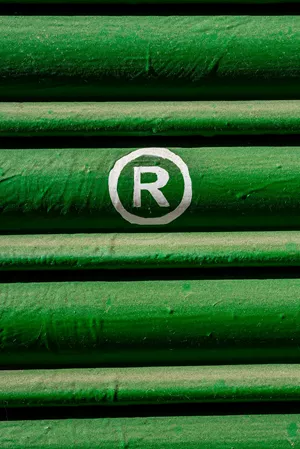Using Third Party’s Trademark As Keyword Not An Infringement
The Supreme Court ruled that using a third party’s trademark as a keyword in Google's sponsored links is neither trademark infringement nor unfair competition.

On December 19, 2024, the Argentine Supreme Court accepted to hear a defendant’s direct appeal and overturned the ruling that Division III of the Federal Court of Appeals in Civil and Commercial Federal Matters had issued in the case “Organización Veraz S.A. c/ Open Discovery S.A. s/ Cese de uso de marca.” The Court ordered remanding the proceedings to the court of origin.
The plaintiff had filed a lawsuit seeking the cease of the use of the trademarks VERAZ and ORGANIZACIÓN VERAZ, as well as other confusingly similar signs like VERAS, BERAZ, and BERAS, and for damages resulting from the unauthorized use of its trademarks. Both in the first and second instance, the plaintiff’s claim was admitted.
In issuing its ruling, the Court of Appeals considered that:
- The plaintiff's trademarks VERAZ and ORGANIZACIÓN VERAZ were well-known and associated by consumers with the famous credit report.
- The defendant had used the plaintiff's trademark as a keyword with the sole purpose of taking undue advantage of its prestige and renown, to position itself in the market, and to appear in the first search results as a sponsored link.
- The plaintiff had committed trademark infringement and unfair competition, especially because both parties competed in the same market.
The defendant filed an extraordinary appeal against the Court of Appeals' ruling, and it was rejected. This led the defendant to file a direct appeal before the Supreme Court, which was accepted, as the Court considered there was a dispute on the interpretation of federal laws and international treaties.
In a split decision, the Supreme Court annulled the Court of Appeals' ruling and remanded the case. The majority vote held that:
- The use of a third party’s well-known trademark as a keyword in the sponsored link advertising system, solely to offer an alternative product or service to consumers, does not infringe the exclusivity right set in the federal regulations.
- The mere use of a third party’s well-known trademark as a keyword in the sponsored link advertising system is not, by itself, an unfair competition act.
- Consumers recognize the ad in question as an alternative offer to the products or services identified with the well-known trademark.
- For the use of a third party’s trademark as a keyword to be unlawful, it must be improper or illegitimate, and it must cause confusion among consumers.
On the other hand, the minority vote argued that:
- The defendant resorted to the sponsored link service because the trademarks used as keywords caused confusion among consumers.
- The consumer perceives comparative, subliminal, and adhesive advertising that produces a confusing offer.
- There is an illegitimate advantage exploitation of a third-party trademark, which confuses consumers, and this is an improper use of a trademark and an act of unfair competition.
In short, the Supreme Court analyzed the limits of trademark law and unfair competition in the context of digital advertising, noting that not every use of a third party’s trademark in Google's sponsored links service constitutes trademark infringement or an act of unfair competition, unless confusion among consumers or illegitimate advantage is proven.
This insight is a brief comment on legal news in Argentina; it does not purport to be an exhaustive analysis or to provide legal advice.